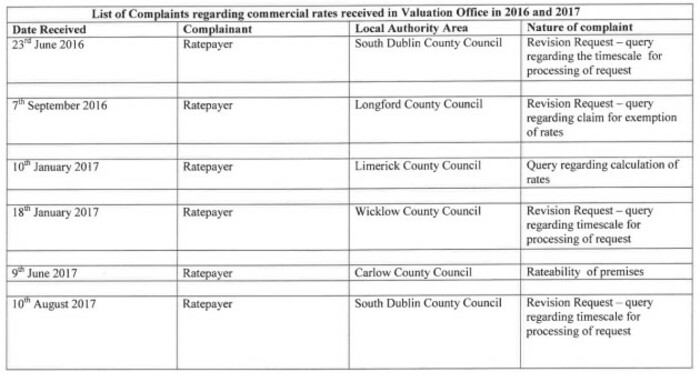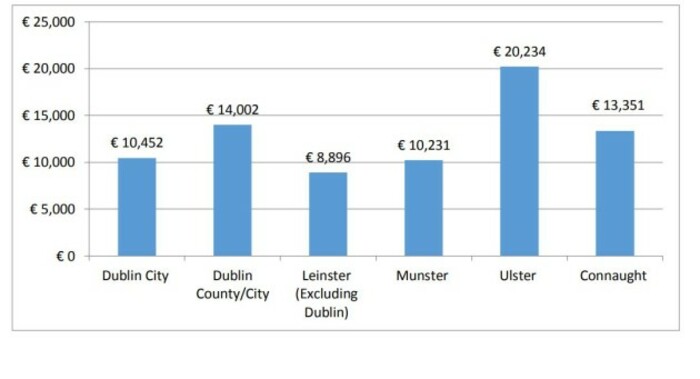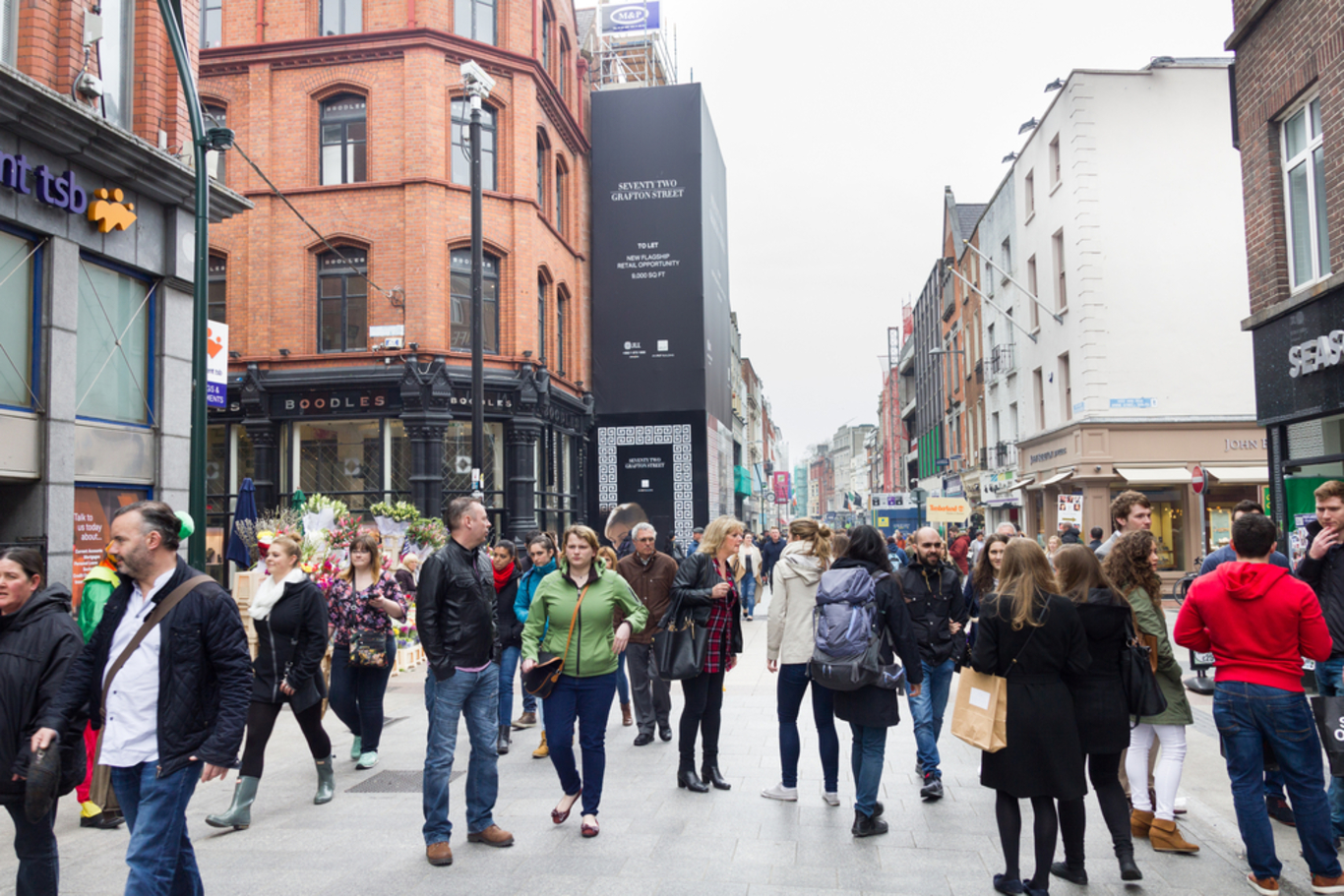Despite drawing ire from lobbyists, few firms complain to the State about commercial rates
The Valuation Office received just six written complaints in 2016 and 2017.
COMMERCIAL RATES ARE often cited as a big burden for doing business in Ireland – but few ratepayers complain about the process to the State.
Business rates are a property tax collected by local authorities from firms that either own or lease a commercial building.
Their bill is calculated using a multiplier set by the local council to a value for the property determined by the state-backed Valuation Office.
The Commissioner of Valuation is currently overseeing a national revaluation of commercial and industrial properties across all 31 local authorities, 16 of which have undergone reviews so far.
Shane Cassells – Fianna Fáil’s junior spokesman on local government – told a recent Public Accounts Committee meeting that some businesses are “getting hammered” with rates hikes following a property revaluation.
However, very few ratepayers have actually written to the Commissioner of Valuation to complain about the procedure.
In response to a freedom of information request from Fora, the Valuation Office revealed that it has received just six written complaints from ratepayers in the last two years.
The majority of complaints received in 2016 and 2017 related to the revision of a property’s valuation.
Two business owners in the south Dublin area and one in County Wicklow complained about the time it took to process a valuation revision request.
One complainant from County Longford submitted a query relating to a claim for a rates exemption. Another from Carlow also questioned whether their premises was eligible for rates.
Meanwhile one ratepayer with a business in County Limerick queried how the tax is calculated.
Fora‘s freedom of information request related only to written complaints submitted to the Valuation Office in the last two years. The low number of complaints doesn’t necessarily represent how many business are unhappy with their rates bill as they can appeal it to an independent tribunal.

Click here to view a larger version
‘Surprised’
Small business group ISME has long campaigned for an overhaul of the current business rates system, which it describes as “not fit for purpose”.
In May of last year, a survey of 1,660 ISME members found that almost 70% would like to see changes made to the current system.
The organisation’s CEO, Neil McDonnell, said he met with officials from the Valuation Office last year and was under the impression there would be a marginal increases or decreases in commercial rates following revaluations.
However, a number of ISME members reported substantial hikes in their rates since then, he said.
 Average commercial rates according to ISME
Average commercial rates according to ISME
Click here to view a larger version
McDonnell said he was “surprised” the Valuation Office received so few complaints and questioned what criteria the agency used to handle Fora’s request for information.
He suggested that the commercial rates issue has “gone quiet” in recent times because business owners have managed to reduce their bill through the appeals process.
Firms have the opportunity to appeal a property valuation to an independent tribunal. If they’re not satisfied with the outcome, they can appeal to the High Court.
“As we understand it, almost everyone who puts in an appeal gets it reduced,” McDonnell said.
John O’Sullivan, the Commissioner of Valuation, told the Public Accounts Committee in January that after a revaluation roughly 4% of cases end up being appealed.
Overhaul
Although ISME members have reported reductions in rates following an appeal, McDonnell said the overall system is still in need of a makeover.
“The (annual variable rates) system is still based effectively on a free market retail valuation. That needs to change because it penalises a small business owner in the centre of a town as against someone who might own a very large premises on a ring road,” he said.
McDonnell said ISME’s main gripe with the current set-up is the criteria that local authorities use to decide the multiplier in calculating commercial rates.
“There’s nothing wrong with the local authority setting the rate. The issue is the manner in which the valuation is struck is highly variable. I’ve heard people saying it’s done by Google searches and (property website) Daft.ie,” he said.
McDonnell claimed that some local authorities use arbitrary online searches to find the going rate for a similarly sized property in an area and use that figure to decide the bill.
“That’s very insensitive to the local conditions of a business,” he said.
“It penalises a small business owner in the centre of a town against someone who might own a very large premises on a ring road. The whole system is encouraging doughnut development. It’s killing the town centres,” he claimed.






